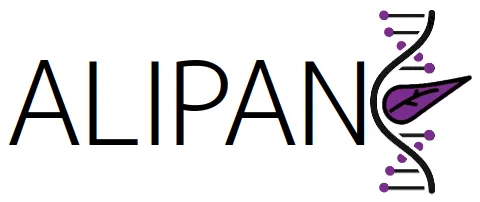The POL is a multidisciplinary research group working on the identification and application of personalized molecular strategies to improve the response to cancer treatments and the quality of life of cancer patients.
The group’s scope of action ranges from the study and identification of molecular and metabolic alterations in cancer patients, and the in vitro analysis of mechanisms of action, to the application of personalized strategies, including clinical trials, both in healthy volunteers and in cancer patients.
Main capacities/infrastructure
-Medical Oncology Unit. It serves a local population of 312,000 inhabitants. It has oncologists, nutritional therapists, onco-psychology, a network of nurse managers specialized in cancer, onco-geriatrics, cardio-oncology consultations, palliative medicine specialists, a biologist, a research data manager, electronic medical records and multidisciplinary tumor boards for all areas.
-Precision Oncology Laboratory of the Hospital’s Oncology Service, specialized in the development of translational studies that evaluate molecular profiles to predict prognosis and response to cancer treatment.
-ENETs (European Neuroendocrine Tumor Society) certification as a Center of Excellence for gastroenteropancreatic (GEP) and pulmonary neuroendocrine tumors.
-Stable collaboration agreements and implementation of programs on:
*Physical activity for cancer patients and survivors. Agreement with the regional mayor’s office and public and private sports associations.
*Personalized nutrition. Collaboration with IMDEA-Alimentación (Instituto Madrileño de Investigación Avanzada en Alimentación), within the framework of a program of activities financed with public funds.
*Tele-Medicine. Collaboration with the School of Telecommunications and Biomedicine of the Polytechnic University of Madrid. Academic cooperation for the development of projects, with visiting engineers and students.
Lines of research
– Analysis of prognostic and predictive factors involved in cancer development.
– Personalized nutrition: In this line of research, the group works on the identification and application of personalized molecular nutrition strategies to improve response to cancer treatment. The goal of this line is to effectively use knowledge of cellular, molecular, physiological, biological, chemical and/or genetic processes to identify metabolic biomarkers of relapse, and to apply effective molecular nutrition approaches to improve cancer treatments and the quality of life of cancer patients. Several clinical trials are underway.
– Telemedicine: An m-Health platform has been developed, including an application for the patient and a module for professionals, with special capabilities for e-PROMs, alerts, reminders, recommendations, linked wearables, patient response and education, nutrigenetics, microbiota and physical activity. Our main medium-term objective is to design and implement a digital health model in the clinical routine, for which we have clinical trials underway.
– Backend technological infrastructure: We are developing a service-based infrastructure to support the operation of the system.
– Autofluorescent cancer stem cells. Collaboration with CSIC-UAM for tumor characterization, prognosis and identification of new targets.
– Physical activity for cancer patients and survivors. An agreement with regional institutions and local sports and physical training institutions, with specialists in sports medicine and specialized psychologists, allows groups of patients to enter a three-month supervised physical activity program with the aim of improving and introducing new lifestyle habits and investigating the biological effects of physical activity on different clinical outcomes, such as metabolic syndrome, physical and psychological well-being, etc.


